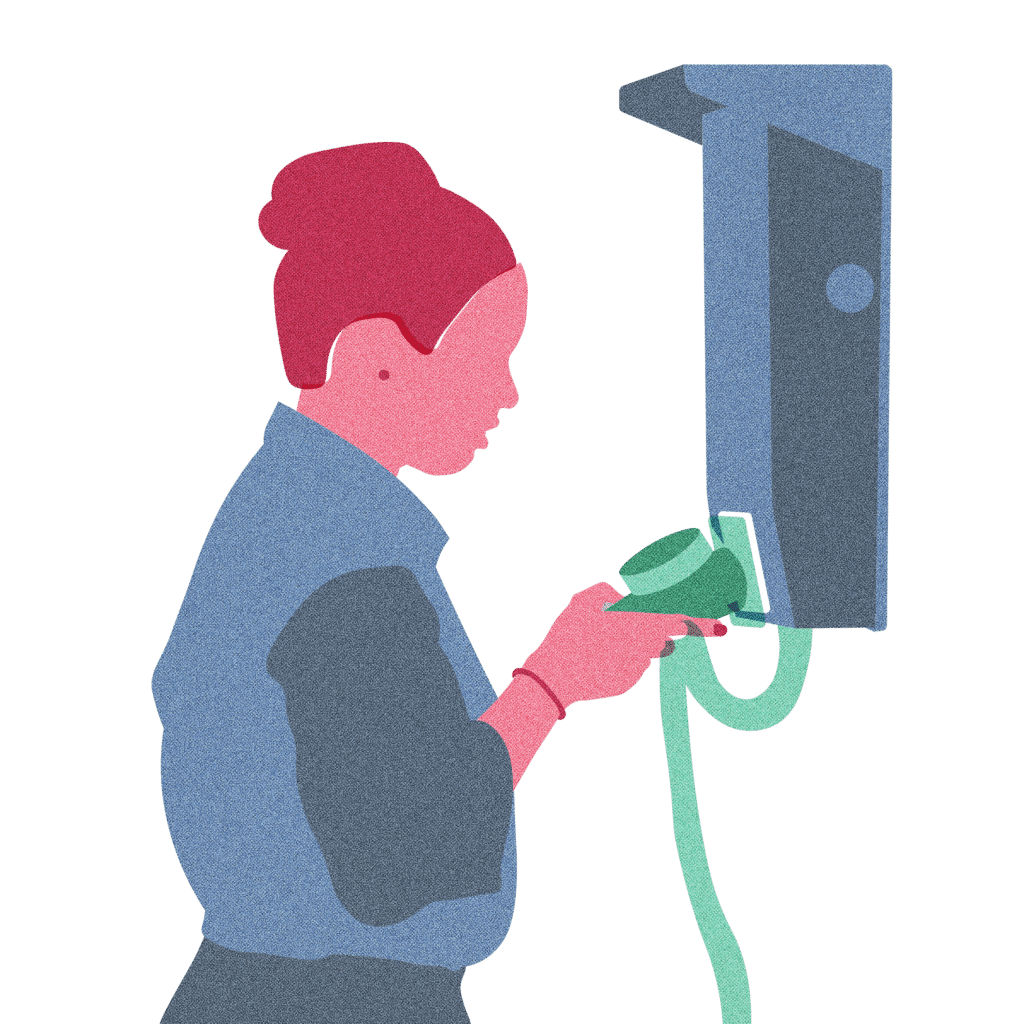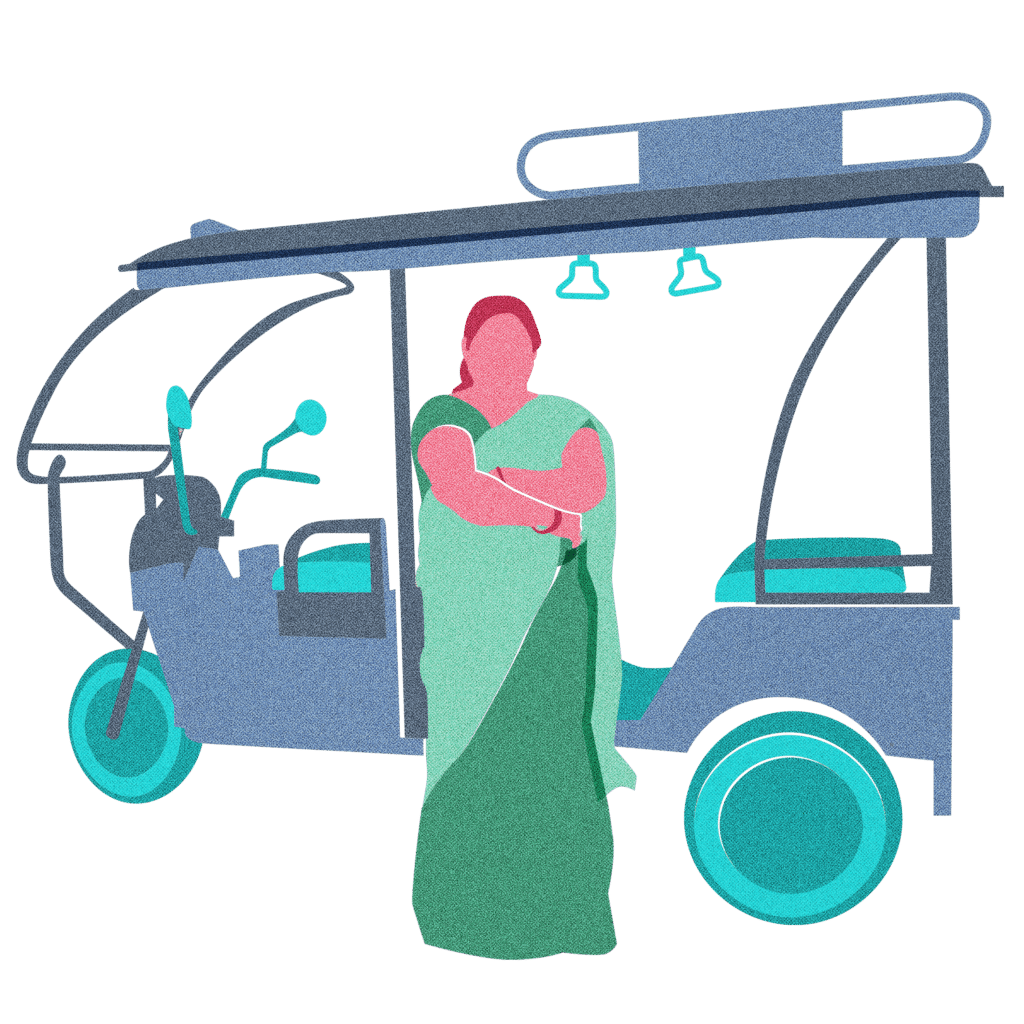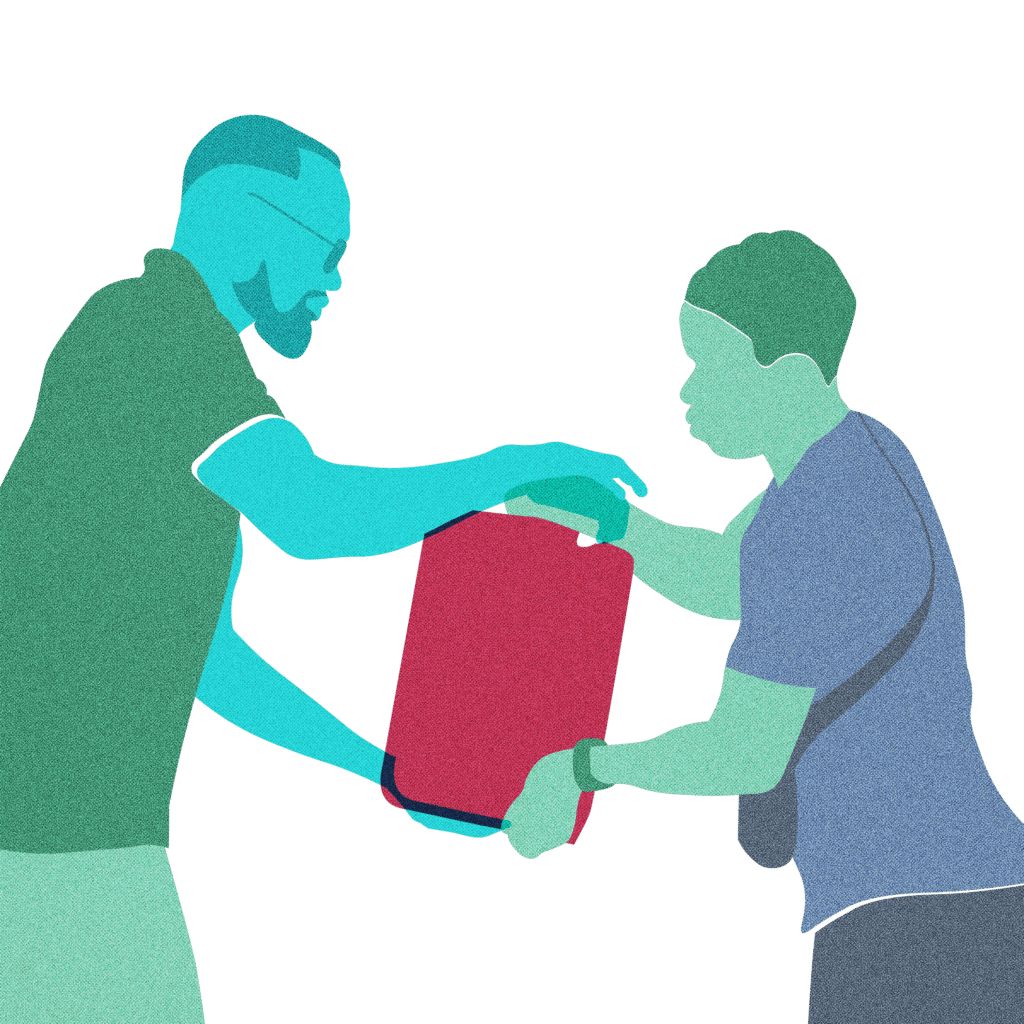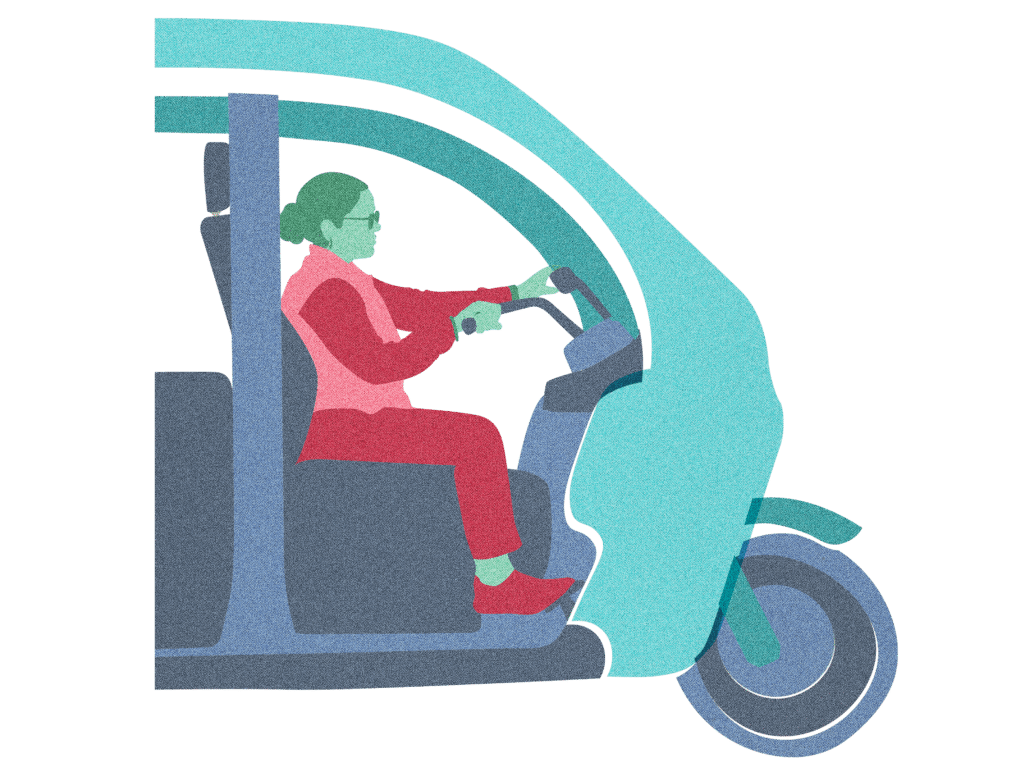New MOU with FMO addresses finance continuum needed for clean energy transition
Shell Foundation and Dutch development bank FMO have signed a Memorandum of Understanding (MOU) to support the just and inclusive energy transition in sub-Saharan Africa and India.The MOU builds on a previous agreement that concluded in 2019, as well as collaborations and co-investments in companies and financial intermediaries such as the Energy and Entrepreneurs Growth Fund (EEGF) and the Energy Access Relief Fund (EARF), to name a few.
SF and FMO sign MOU agreeing to increase funds for energy access in Africa and India (2017 signing)
The multi-year agreement will explore new climate financing opportunities, facilitate market-creating in cutting edge renewable spheres, and encourage a coordinated funding approach for the distributed renewable energy sector.
‘There are currently market gaps for early-stage enterprises to access various forms of capital, which limit their growth and ability to fundraise efficiently,’ said Jonathan Berman, Shell Foundation CEO.
‘This partnership has the potential to remove the barriers associated with the financing continuum for growth businesses in several impact sectors linked to SF’s charitable objectives, scaling solutions serving small retail business owners, smallholder farmers and transporters of goods and people.
‘This MOU can specifically support FMO in its market-creating strategy in off-grid renewable energy solutions, which is part of our Strategy towards 2030,’ said Huib-Jan de Ruijter , Chief Investment Officer at FMO.
‘We are excited by the potential within this MOU to bridge investment gaps, as well as designing new and innovative programmes and initiatives aimed at developing sectors and mobilising more capital into them.’
The three-year MOU will see FMO endeavour to make up to $100m in financing available to support early to mid-stage enterprises in the focus sectors. SF will aim to invest more than $45m building a pipeline of high-impact and fast-growing businesses, with a provision of capacity building and due diligence support to ensure enterprises are well prepared for the FMO investment process. SF is also contributing an additional $5m in funding to de-risk FMO investments.
The financing opportunity to achieve universal household electrification (SDG7) in Africa alone through renewable, off-grid solutions (SDG13) is a $200bn opportunity that has the possibility of offsetting over 600 million tonnes of CO2, achieving 132 million off-grid connections, retiring 9.2 million gensets and equipping 39 million households with modern fuel. This represents an unprecedented chance to tackle dual development and climate objectives in a sustainable and comprehensive way.
This MOU has the power to leverage crucial sums of private and public capital into Africa’s energy transition and the leading entrepreneurs and enterprises paving the way.
About FMO: FMO is the Dutch entrepreneurial development bank. As a leading impact investor, FMO supports sustainable private sector growth in developing countries and emerging markets by investing in ambitious projects and entrepreneurs. FMO believes that a strong private sector leads to economic and social development and has a 50+ year proven track-record in empowering entrepreneurs to make local economies more inclusive, productive, resilient and sustainable. FMO focuses on three sectors that have high development impact: Agribusiness, Food & Water, Energy, and Financial Institutions. With a total committed portfolio of EUR ~12 billion spanning over 85 countries, FMO is one of the larger bilateral private sector development banks globally. For more information: please visit www.fmo.nl.
About Shell Foundation: Shell Foundation (SF) is a charity incorporated in England and Wales, with the purpose of creating and scaling business solutions to enhance access to renewable energy and affordable transport for low-income communities in Africa and Asia, in order to transform health, education and income generation.














